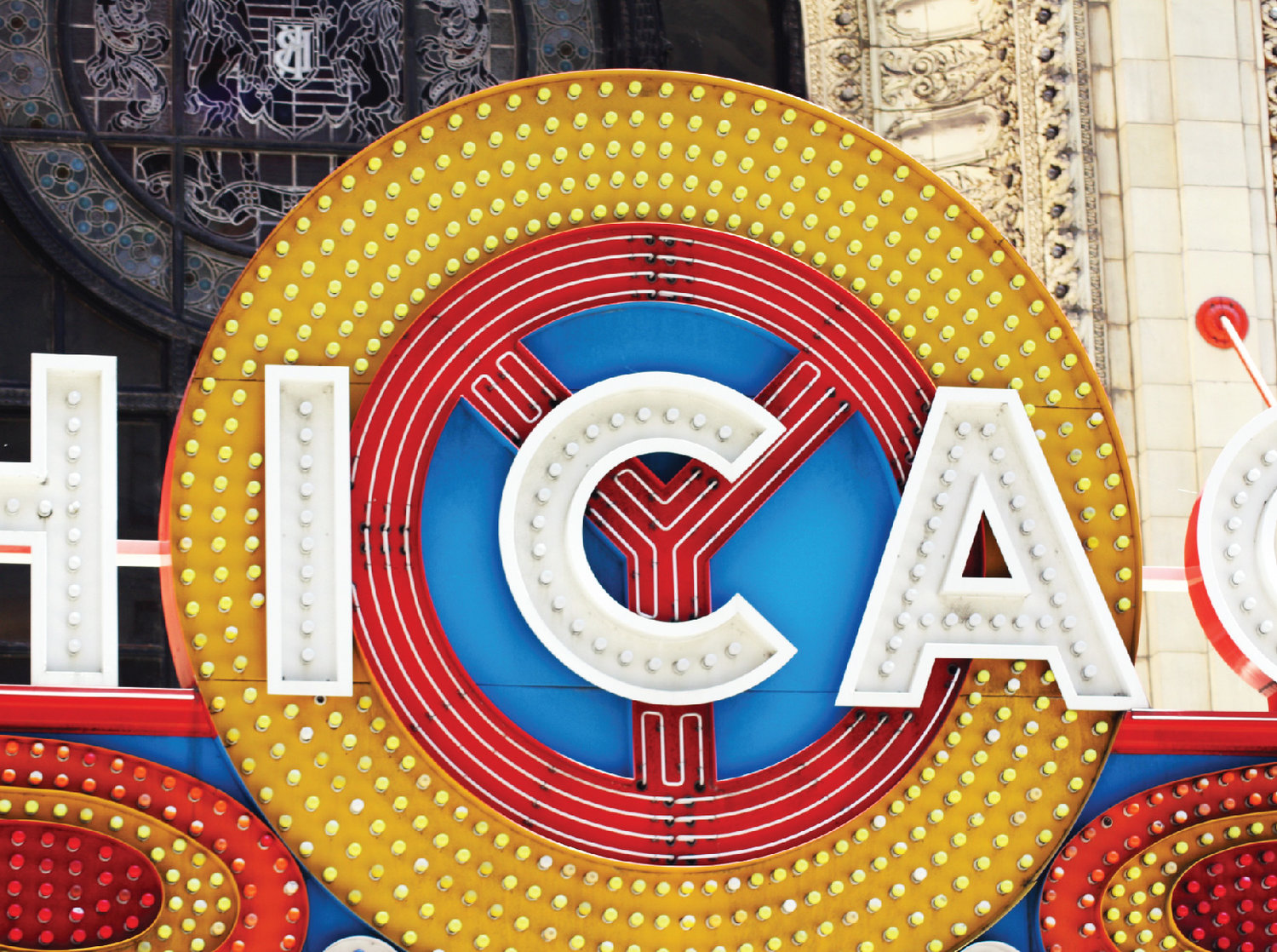Amazon — our biggest threat or opportunity? (Part 2)
Just a few weeks after their Whole Foods acquisition, Amazon has roared back into the news cycle with the announcement of a planned, second headquarter office. Here in Chicago, it’s a big topic among friends and co-workers.
Amazon accompanied the announcement with an official, 8-page RFP. In short, to be eligible, cities must have a metropolitan area with at least one million residents, strong schools, diversity, and a business-friendly environment. But most importantly, the winning city will receive $5BN in investment, and the potential for 50 thousand high-salary Amazon jobs.Their RFP projects these new job positions to have an average salary in excess of $100 thousand per year.
Once again, Amazon is creating new Catch 22 situations. As I mentioned previously, Amazon seems to always create big opportunities while simultaneously shutting the doors on others. The most lucid example of the Amazon Catch 22 goes back to their original model, where they eradicated brick and mortar book stores, but simultaneously created a market for anyone to become an author and make money online.
In our latest situation, city leaders are climbing over one another to see what kind of tax breaks, deals, and sweeteners they can offer. There’s been a ton of chatter about this here in Chicago, the biggest city in a state with more than $250 BN in pension debt.
The question is — what kind of tax breaks can Chicago offer? It’s a city screaming for money with major debt problems and broke schools. The idea of offering major tax breaks to a big corporation seems incongruent with the financial health of the city.
As is usually the case in Chicago, it seems that most of the value Amazon could create would go to the upper-class, when tax dollars are really needed to support civic programs, schools, and mom and pop stores.
In spite of an income disparity that seems to be worsening locally, it’s hard not to also understand the argument that Amazon and their hyper growth would be a long-term boom to any city’s economy. Between 2010 and 2016, Amazon grew from 33,000 employees to 300,000. With no signs of slowing down, Amazon H2Q is likely to explode with workers as well.
Once again, we need to evaluate the Amazon trade off. They can bring jobs, money, and innovation, but it may come at the cost of certain retailers and individuals. The question is who? I’m sure most grocery stores didn’t see the Whole Foods deal coming. It’s hard to escape the constant cognitive dissonance with Amazon.
My last Amazon-related post is available here.
